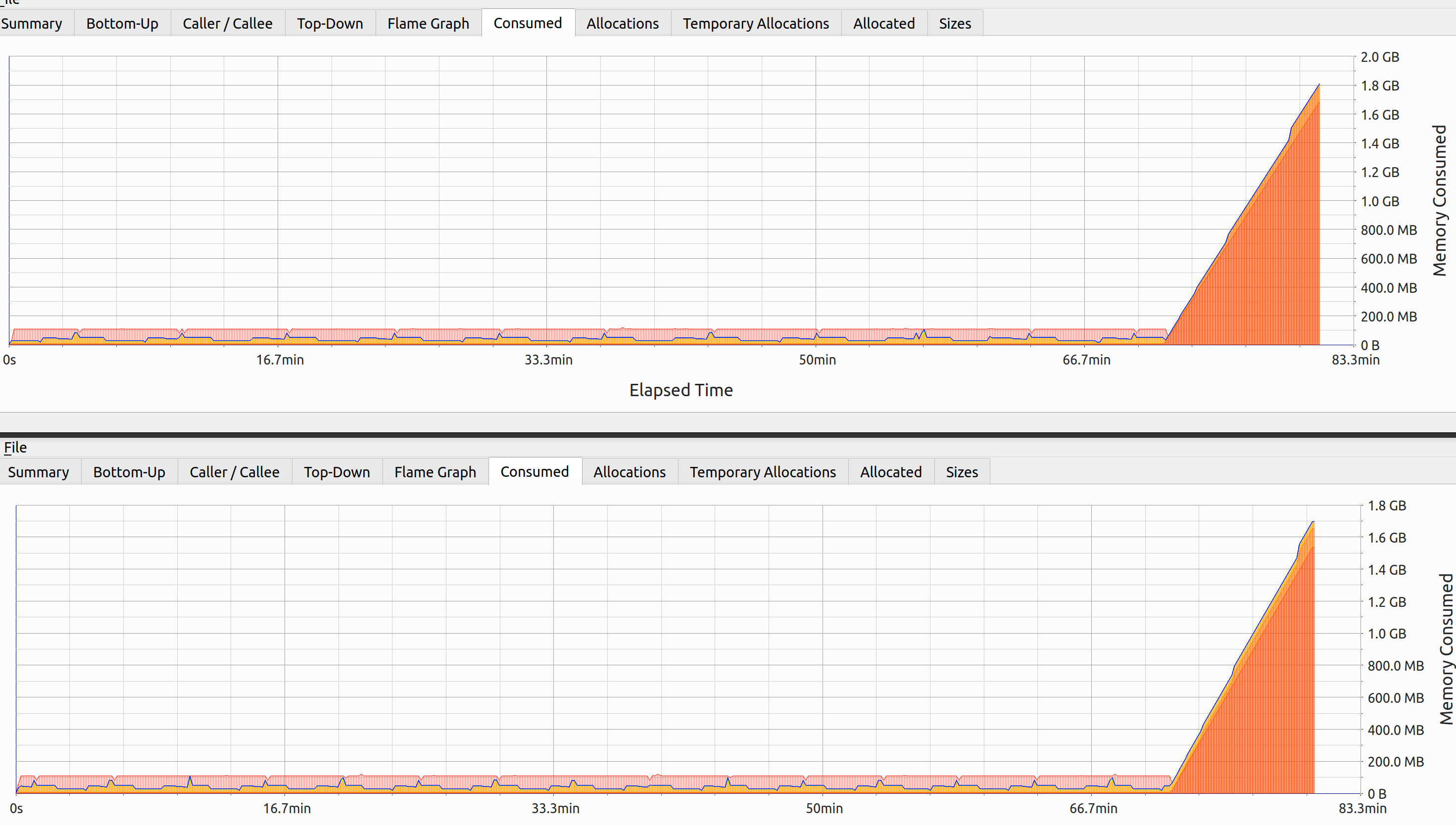NOTE: THIS IS NOT PRODUCTION READY.
Pure rust implementation of SRT (Secure Reliable Transport), without unsafe code.
Reference implementation is available at https://github.com/haivision/srt
- Fast (heap allocations are rare, uses async IO)
- Full safety guarantees of rust
- Listen server connecting
- Client (connect) connecting
- Rendezvous connecting
- Receiving
- Sending
- Special SRT packets (partial)
- Actual SRT (TSBPD)
- Timestamp drift recovery (not throughly tested)
- Congestion control
- Encryption
- Bidirectional
The reference implementation of SRT requires 3 threads per sender and 5 threads per receiver.
With srt-rs, you can assign as many connections to exactly as many threads as you want (usually as many as you have cores) using tokio's futures scheduling. This should allow for handing of many more connections.
cargo run --example sender
cargo run --example receiver
This repository is structured into 5 crates:
srt-protocol: State machines for the SRT protocol, with no dependencies on futures or tokio. Someday, I would like this to be a no-std crate. I expect this to have frequent breaking changes.srt-tokio: Tokio elements written on top of the protocol, expected to be a relatively stable API.srt-transmit: A srt-live-tranmsit replacement written ontop ofsrt-tokiosrt-c: Experimental C bindings to this crate, intended to be both API and ABI compatiable with the reference implementationsrt-c-unittests: The unit tests from the reference implementation that are ran againstsrt-c. Many of these do not pass yet.


